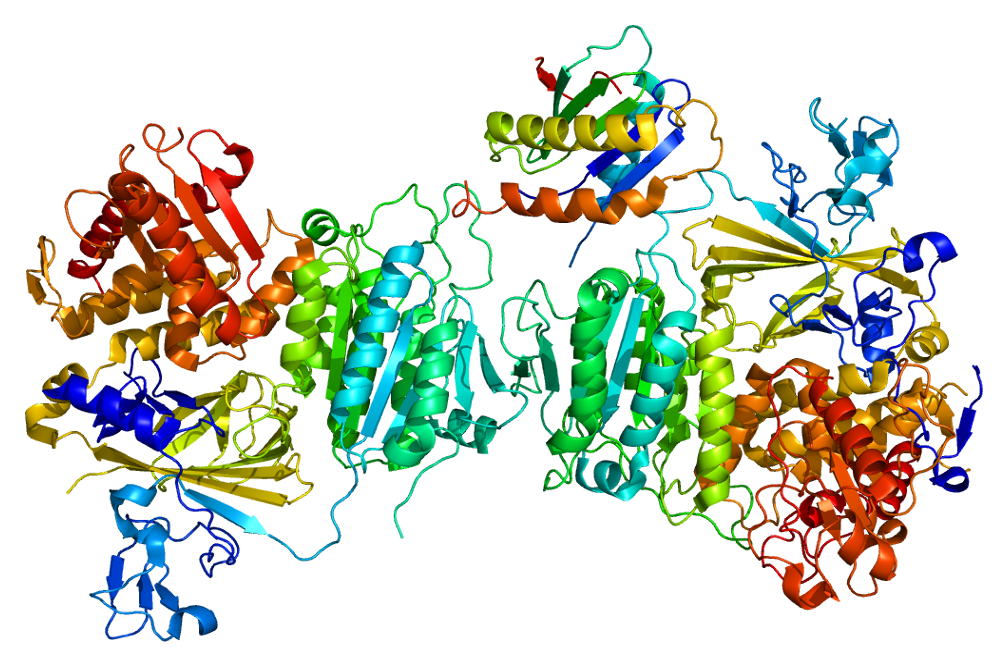Cranio-lenticulo-sutural dysplasia

Editor-In-Chief: Prab R Tumpati, MD
Obesity, Sleep & Internal medicine
Founder, WikiMD Wellnesspedia &
W8MD medical weight loss NYC and sleep center NYC
| Cranio-lenticulo-sutural dysplasia | |
|---|---|

| |
| Synonyms | CLSD |
| Pronounce | |
| Specialty | Medical genetics |
| Symptoms | Craniosynostosis, cataracts, sutural cataracts, skeletal dysplasia |
| Complications | N/A |
| Onset | |
| Duration | |
| Types | |
| Causes | Mutations in the SEC23A gene |
| Risks | |
| Diagnosis | Genetic testing, clinical evaluation |
| Differential diagnosis | |
| Prevention | |
| Treatment | Supportive care, surgery for craniosynostosis |
| Medication | |
| Prognosis | |
| Frequency | Rare |
| Deaths | |
A rare genetic disorder affecting cranial and skeletal development
Cranio-lenticulo-sutural dysplasia (CLSD) is a rare genetic disorder characterized by distinctive craniofacial abnormalities, skeletal malformations, and other systemic features. It is an autosomal recessive condition, meaning that an individual must inherit two copies of the mutated gene, one from each parent, to be affected by the disorder.
Genetics[edit]
Cranio-lenticulo-sutural dysplasia is caused by mutations in the SEC23A gene, which plays a crucial role in the transport of proteins within cells. The SEC23A gene is involved in the formation of COPII-coated vesicles, which are essential for the transport of proteins from the endoplasmic reticulum to the Golgi apparatus. Mutations in this gene disrupt normal protein trafficking, leading to the clinical manifestations of the disorder.
Clinical Features[edit]
Individuals with cranio-lenticulo-sutural dysplasia typically present with a range of clinical features, including:
- Craniofacial Abnormalities: These may include a large anterior fontanelle, widely spaced sutures, and delayed closure of the cranial sutures. Affected individuals may also have a prominent forehead and a flat nasal bridge.
- Skeletal Abnormalities: Patients often exhibit scoliosis, kyphosis, and other skeletal deformities. The long bones may be abnormally shaped, and there can be delayed ossification of the epiphyses.
- Ocular Features: Lenticular opacities or cataracts may be present, contributing to visual impairment.
- Other Features: Some individuals may have hearing loss, developmental delay, and intellectual disability.
Diagnosis[edit]
The diagnosis of cranio-lenticulo-sutural dysplasia is based on clinical evaluation, family history, and genetic testing. Imaging studies such as X-rays and CT scans can reveal characteristic skeletal and cranial abnormalities. Genetic testing can confirm the diagnosis by identifying mutations in the SEC23A gene.
Management[edit]
There is no cure for cranio-lenticulo-sutural dysplasia, and treatment is primarily supportive and symptomatic. Management may involve:
- Surgical Interventions: Surgery may be required to correct cranial and skeletal deformities.
- Vision and Hearing Support: Regular ophthalmologic and audiologic evaluations are important to address visual and hearing impairments.
- Developmental Support: Early intervention programs and special education services can help manage developmental delays and intellectual disabilities.
Prognosis[edit]
The prognosis for individuals with cranio-lenticulo-sutural dysplasia varies depending on the severity of the condition and the presence of associated complications. With appropriate management, many individuals can lead relatively normal lives, although they may require ongoing medical care and support.
See also[edit]
Ad. Transform your life with W8MD's Budget GLP-1 injections from $75


W8MD offers a medical weight loss program to lose weight in Philadelphia. Our physician-supervised medical weight loss provides:
- Weight loss injections in NYC (generic and brand names):
- Zepbound / Mounjaro, Wegovy / Ozempic, Saxenda
- Most insurances accepted or discounted self-pay rates. We will obtain insurance prior authorizations if needed.
- Generic GLP1 weight loss injections from $75 for the starting dose.
- Also offer prescription weight loss medications including Phentermine, Qsymia, Diethylpropion, Contrave etc.
NYC weight loss doctor appointmentsNYC weight loss doctor appointments
Start your NYC weight loss journey today at our NYC medical weight loss and Philadelphia medical weight loss clinics.
- Call 718-946-5500 to lose weight in NYC or for medical weight loss in Philadelphia 215-676-2334.
- Tags:NYC medical weight loss, Philadelphia lose weight Zepbound NYC, Budget GLP1 weight loss injections, Wegovy Philadelphia, Wegovy NYC, Philadelphia medical weight loss, Brookly weight loss and Wegovy NYC
|
WikiMD's Wellness Encyclopedia |
| Let Food Be Thy Medicine Medicine Thy Food - Hippocrates |
Medical Disclaimer: WikiMD is not a substitute for professional medical advice. The information on WikiMD is provided as an information resource only, may be incorrect, outdated or misleading, and is not to be used or relied on for any diagnostic or treatment purposes. Please consult your health care provider before making any healthcare decisions or for guidance about a specific medical condition. WikiMD expressly disclaims responsibility, and shall have no liability, for any damages, loss, injury, or liability whatsoever suffered as a result of your reliance on the information contained in this site. By visiting this site you agree to the foregoing terms and conditions, which may from time to time be changed or supplemented by WikiMD. If you do not agree to the foregoing terms and conditions, you should not enter or use this site. See full disclaimer.
Credits:Most images are courtesy of Wikimedia commons, and templates, categories Wikipedia, licensed under CC BY SA or similar.
Translate this page: - East Asian
中文,
日本,
한국어,
South Asian
हिन्दी,
தமிழ்,
తెలుగు,
Urdu,
ಕನ್ನಡ,
Southeast Asian
Indonesian,
Vietnamese,
Thai,
မြန်မာဘာသာ,
বাংলা
European
español,
Deutsch,
français,
Greek,
português do Brasil,
polski,
română,
русский,
Nederlands,
norsk,
svenska,
suomi,
Italian
Middle Eastern & African
عربى,
Turkish,
Persian,
Hebrew,
Afrikaans,
isiZulu,
Kiswahili,
Other
Bulgarian,
Hungarian,
Czech,
Swedish,
മലയാളം,
मराठी,
ਪੰਜਾਬੀ,
ગુજરાતી,
Portuguese,
Ukrainian